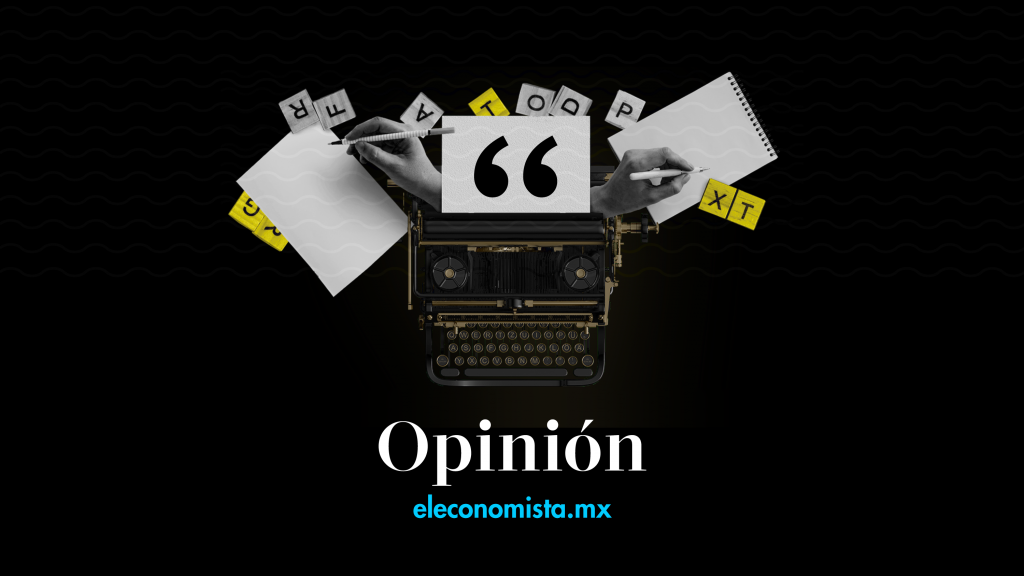the pandemic revealed a series of well-known challenges. in his last economic study, the economists of the oecd They try to offer solutions to the main challenges that the country faces in terms of economic and social policies.
One of those challenges is labor informality, which affects 60% of workers and excludes them from social security benefits. Only 28% of pension-age adults manage to do so. Another 25% receive Greater Columbia, a meager monetary transfer, which does not even cover the line of extreme poverty. And the rest do not receive any pension.
Regarding the protection of people in situations of poverty and vulnerability, things do not look much better: only 14% of vulnerable households received monetary assistance prior to the crisis, less than in other countries in the region.
(See: Reasons why rates would not be raised in the country this month).
Today’s social protection system, with strong fragmentation between the different programs, generates a vicious circle in which informal workers are excluded from social security benefits, while informality is perpetuated by high contributions and non-wage costs that finance the benefits of formal workers.
The contributions and non-wage labor costs of workers can reach 55% in the case of people who earn the minimum wage, which discourages the creation of formal jobs.
To break this vicious circle, it is urgent to move towards the universalization of basic non-contributory rights for informal and formal workers alike. This could be done by establishing a universal basic pension combined with a guaranteed minimum income program, to unify and expand existing cash transfers to all low-income households.
(See: Rates could reach 8%, according to Bank of America estimates).
Setting the minimum income close to the poverty line would eliminate this problem in the country, which today affects 43% of the population.
At the same time, the financing of the social protection system should gradually shift from labor contributions to general taxation resources, reducing disincentives to the creation of formal employment. Reducing non-wage labor costs has already proven to be an effective catalyst for formalization in the 2012 reform. Informal workers, with incomes below or close to the minimum wage, would be the most benefited by this reform, since they would obtain better employment opportunities and income and would stop be excluded from social protection.
OECD calculations suggest that carrying out these ambitious reforms may be within reach. The additional fiscal resources required are of the order of 1% of GDP in the long term, once the inefficiencies of the current system have been eliminated.
Today, 20% of all public resources are used to finance the pensions of the 4% of the wealthiest population.
(See: Taxes and subsidies, axes of the changes urged by the OECD).
This package of reforms implies a rebalancing of the tax system, another pending challenge. On the one hand, reduce labor contributions and give a more important role to personal income taxes. The latter, which currently only affects 5% of Colombians, could contribute significantly to reducing income inequality, the highest in the OECD, if a very modest entry rate is combined with greater progressivity, taking into account all income and not just the formal salary.
In Colombia, the income tax of natural persons is 6% of revenue, four times less than in the OECD. At the same time, reducing the multiple tax exemptions that affect almost all taxes has great potential to progressively strengthen collection, since most of the exemptions benefit households with higher incomes.
One of those challenges is labor informality, which affects 60% of workers and excludes them from social security benefits.
private file
These reforms would allow not only to reduce informality, poverty and inequalities, but would also help with another key challenge of the Colombian economy: low productivity, whose growth did not even reach half the regional average in the last three decades.
Companies that avoid paying social contributions will remain small and less productive so as not to attract the attention of the tax authorities. Thus, the informality of companies and employment create an uneven playing field that keeps many workers trapped in unproductive activities.
(See: Colombians will be able to check their credit score for free: how?).
There is another factor that also deserves attention: low competitive pressure, the result of unnecessarily restrictive regulations, while tariff and non-tariff barriers prevent greater internationalization.
Finally, another key factor will be to continue strengthening institutions. Unlike many OECD countries, Colombia does not have a specific law to protect whistleblowers in possible cases of corruption. In addition, the private financing of political campaigns creates strong incentives for candidates to promise post-election favors and can affect the efficiency of public spending. Both points deserve attention in the political debate.
Advancing in these reforms will not be easy and will have to be gradual, since it will require reaching broad consensus around a new long-term vision for Colombia. The recent OECD Economic Survey: Colombia 2022, available online, tries to foster an informed discussion around these issues for the coming years. It is not possible to continue postponing the design of a roadmap, if you want to achieve growth that is not only strong, but also inclusive.
JENS ARNOLD
OECD Economist for Colombia


















